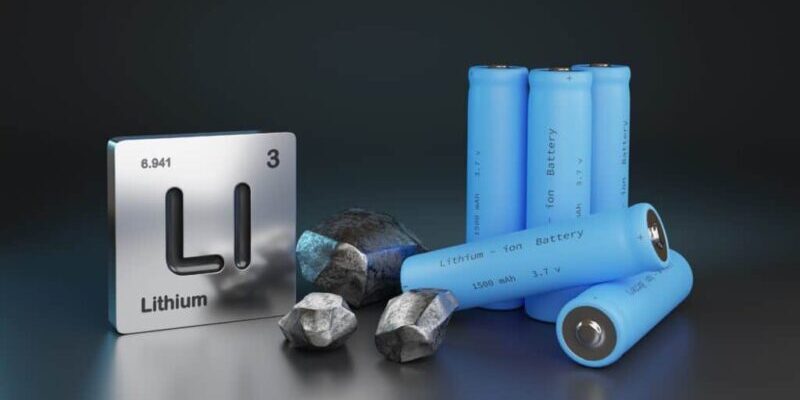
In a momentous move aimed at responsibly overseeing the extraction and utilization of minerals, Ghana has embraced a pioneering green-minerals policy.
This landmark decision represents a crucial stride toward engaging with the thriving multibillion-dollar global industry, all while ensuring ecological sustainability.
The comprehensive policy proposal secured the endorsement of the nation’s cabinet on July 27, as disclosed by Samuel Jinapor, the Minister of Lands and Natural Resources, during a recent interview.
This pivotal policy, anticipated to receive parliamentary approval by year-end, will lay out lucid directives and an equitable financial framework for the ethical extraction and utilization of so-called green minerals. Ghana, an illustrious African leader in gold production, is poised to leverage its mineral resources to their utmost potential.
Minister Jinapor expounded on this trailblazing initiative during an address in Accra on August 3. “Ghana’s overarching goal is to optimize the utility of its mineral resources, aligning with practical sustainability principles,” he emphasized.
He further underlined that, under the endorsed Green Minerals Policy, Ghana will categorically prohibit the exportation of raw lithium, affirming the country’s commitment to value addition and responsible mineral management.
This innovative policy takes shape against a backdrop of global resource nationalism, where developing nations are progressively demanding a more equitable share of the profits arising from the escalating prices of commodities.
In Chile, a significant player in lithium production, President Gabriel Boric is striving for an enhanced share of mining revenues to bolster social infrastructure.
Likewise, Mexico’s President Andrés Manuel López Obrador has designated lithium as a strategic resource, effectively limiting private investment in the sector.
Ghana, already celebrated as the largest gold producer on the African continent, is endowed with additional deposits of various green minerals, including manganese, graphite, and cobalt, as affirmed by Minister Jinapor.
The emergence of the lithium industry in Ghana mirrors the urgency of Western governments in their pursuit of securing essential minerals necessary for a seamless transition to clean energy.
By establishing a national policy framework for the exploitation, management, and regulation of green minerals, Ghana sets the stage for a progressive transformation within its mining sector.
Minister Jinapor emphasized the potential for refinement as the policy enters the legislative approval process, promising further enhancements as the nation integrates it into its broader mining policy.
Notable industry players, such as Australia-based Atlantic Lithium Ltd., have already embarked on prospecting endeavors for lithium within Ghana’s mineral-rich landscape.
While Atlantic Lithium Ltd. has yet to submit a formal application for a mining lease, Minister Jinapor conveyed the government’s readiness to engage constructively with such entities upon their formal engagement.
Ghana’s strategic and conscientious approach to mineral exploitation not only holds immense promise for its economic advancement but also positions it as a role model in sustainable resource management on the global stage.
This policy shift underscores the nation’s dedication to harnessing its mineral wealth in a manner that upholds environmental integrity and maximizes societal benefits.





